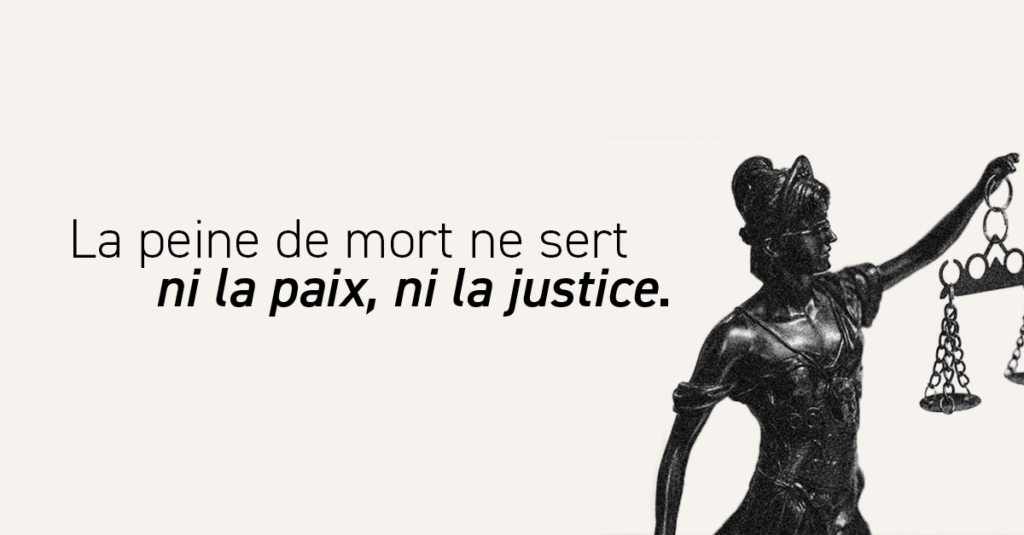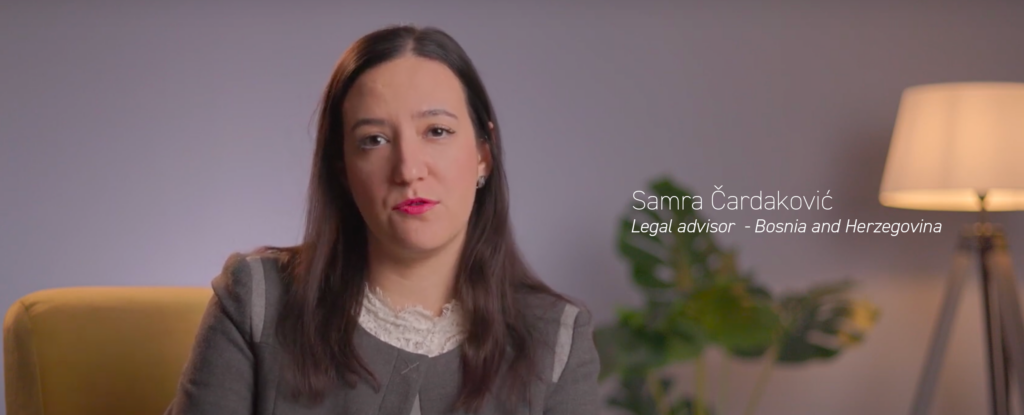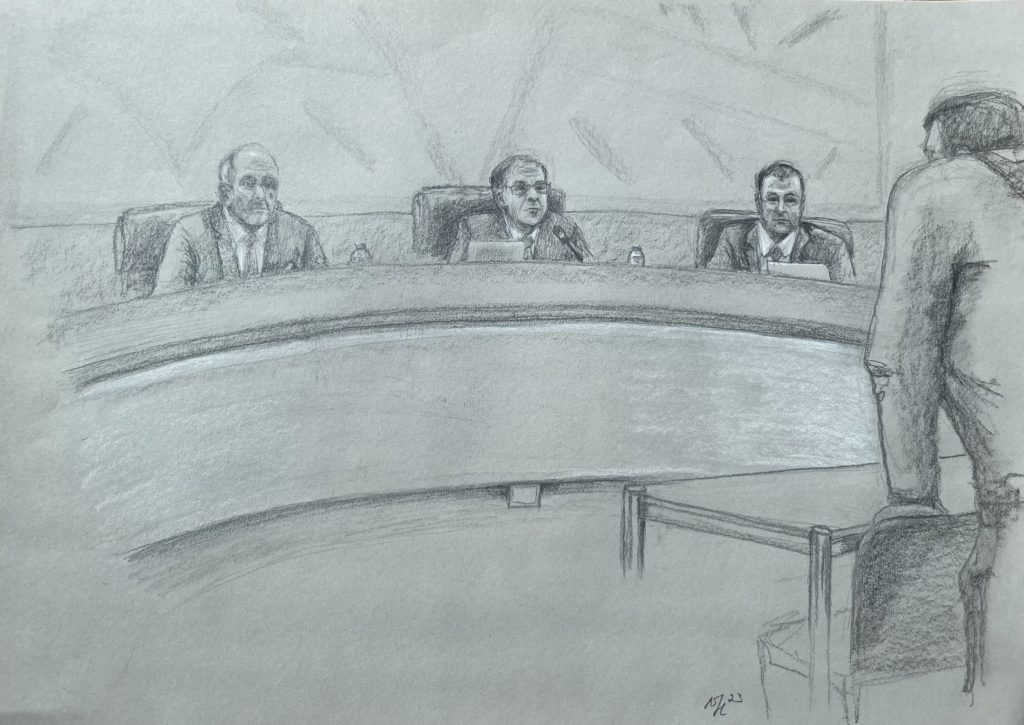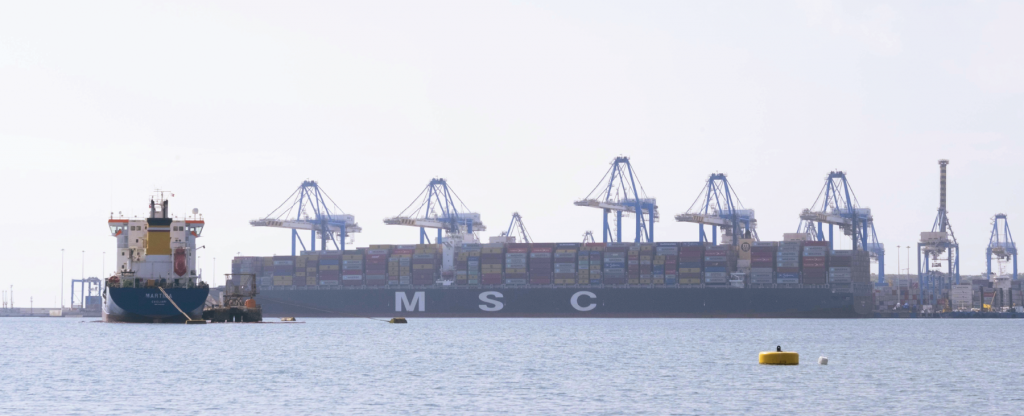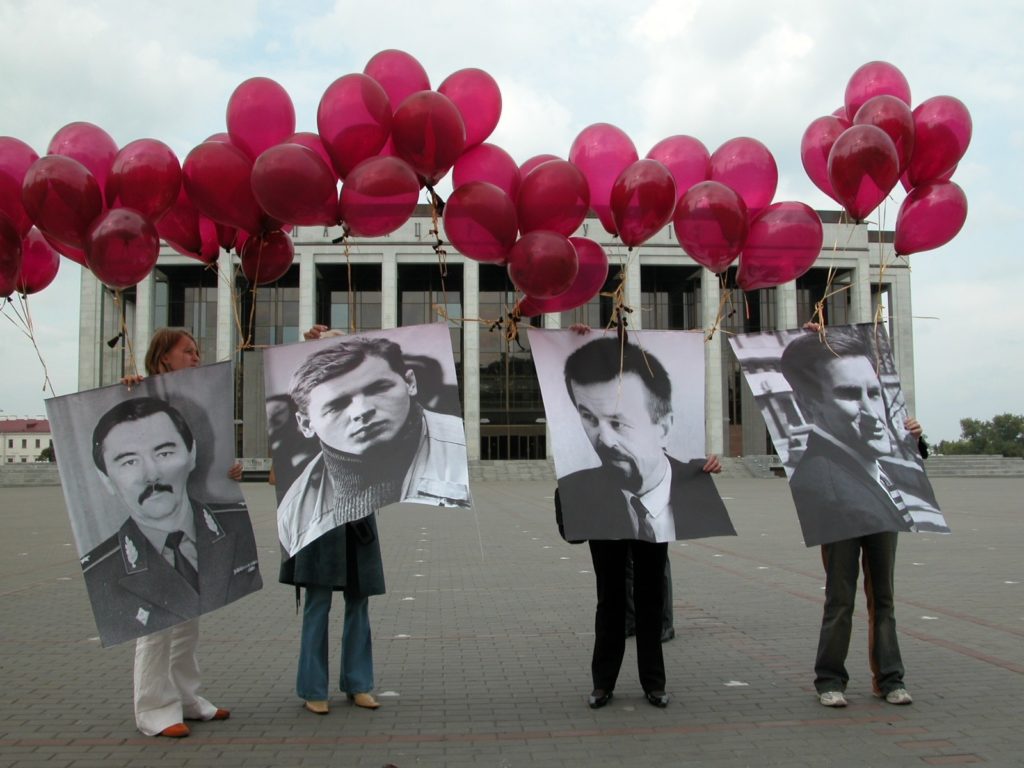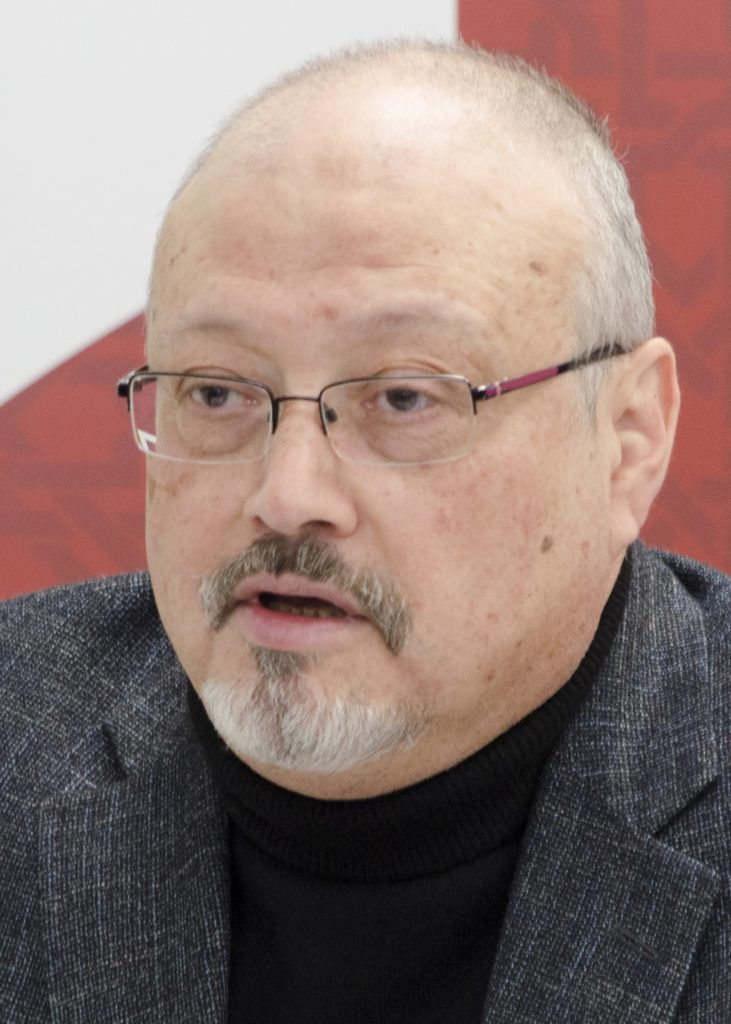Enforced Disappearance of M. Farid Faraoun in February 1997
During the month of May 2009, TRIAL submitted an individual communication against Algeria to the United Nations Human Rights Committee on behalf of Aouali Mounie, Faraoun Feryale and Bouregba Fatiha each acting respectively in their capacity as wife, daughter and mother of Mr. Farid Faraoun.
This is now the thirteenth case to be lodged against Algeria by TRIAL.
Mr. Farid Faraoun was a farmer, livestock breeder and milk producer and a well known personality in his region. On 11 February 1997, around noon, he was arrested arbitrarily at his home by security agents from the wilaya of Sidi-Bel-Abbes, within the framework of a vast police dragnet.
He has not been seen since.
The day following his arrest, his wife and children were forced out of their family home, which was then immediately and totally destroyed by demolition equipment.
During the night of 12 February 1997, Mr. Faraoun’s wife was able to meet in secret with a government official, who told her that her husband had been tortured on the night he was arrested. During the following months, the family received information from various different sources, according to which Farid Faraoun had been badly injured and had been seen in two different military hospitals.
However, the family was unsuccessful, afterwards, in finding out where he was or to establish any contact with him. Despite numerous requests to the authorities asking them to open up an inquiry, no information whatsoever was able to be obtained concerning the fate and whereabouts of Farid Faraoun.
The Human Rights Committee has been asked to decide that the disappearance of Farid Faraoun constitutes, in his regard, a violation of his rights as follows: the right to life; the right not to be subjected to torture or to cruel, inhuman or degrading treatment or punishment; the right to liberty and security of the person; the right to be treated, while deprived of liberty, with humanity and with respect for the inherent dignity of the human person; the right to recognition everywhere as a person before the law; the right not be subjected to arbitrary or unlawful interference with his privacy and family; the right to protection of the family by society and the State and the right to an effective appeal against these violations (articles 6 § 1, 7, 9 §§ 1, 2, 3 and 4, 10 § 1, 16, 17, 23 §§ 1 and 2 § 3 of the International Covenant on Civil and Political Rights).
It has also been requested that an enquiry be undertaken into the circumstances surrounding the alleged violations and that criminal proceedings be opened up against those responsible.
Furthermore, the Committee has been requested to establish that the authors of the communication have themselves been subjected to a violation of their rights as follows: not to be subjected to cruel, inhuman or degrading treatment; not to be subjected to arbitrary or unlawful interference with their privacy and family; to benefit from the protection of the family by society and the State and to an effective appeal against these violations (articles 2 § 3, 7, 17, and 23 § 1 of the Covenant).
The proceedings are currently underway before the United Nations Human Rights Committee.
The Decision
In October 2013, the Human Rights Committee communicated its decision (in French only), called “views” by the UN.
The Committee held that Algeria violated Articles 6 §1, 7, 9, 10 §1 and 16 of the International Covenant on Civil and Political Rights, taken alone and in conjunction with Article 2 § 3 of the Covenant, as well as Article 17 taken in conjunction with Article 2 §3 of the Covenant, with regards to Mr. Nour-Eddine Mihoubi. The Committee also held that Algeria violated Articles 7 and 17 of the ICCPR, taken alone and in conjunction with Article 2 § 3, with regards to the victim’s family.
The Committee requested Algeria to conduct a deep and rigorous investigation into the disappearance of Mr. Farid Faraoun, to provide his family with detailed information concerning the results of its investigation, to free him immediately if he is still being secretly detained or, if he is deceased, to return his mortal remains to his family. Moreover, the Committee insisted on Algeria’s obligation to indict, try and sanction those responsible for the violations committed.
Algeria was also required to pay an adequate compensation to the family of the victim for the violations endured and, if still alive, to the victim itself.Algeria is also required to ensure the effectiveness of its judicial system, in particular regarding the victims of torture, extrajudicial executions and enforced disappearances, and take action in order to avoid the repetition of such violations.
General Context
These events took place within the context of the Algerian Civil War during which thousands of persons disappeared. Indeed, according to some sources some 7,000 to 20,000 persons were abducted by the Algerian security services between 1992 and 1998. Members of these services were able to act with total impunity. Since the implementation of the National Charter for Peace and Reconciliation was implemented these same members have benefitted from a complete amnesty. Moreover, today it is now forbidden to lodge a complaint for the crimes or exactions of which M. Faraoun was the victim.




